Research Counts
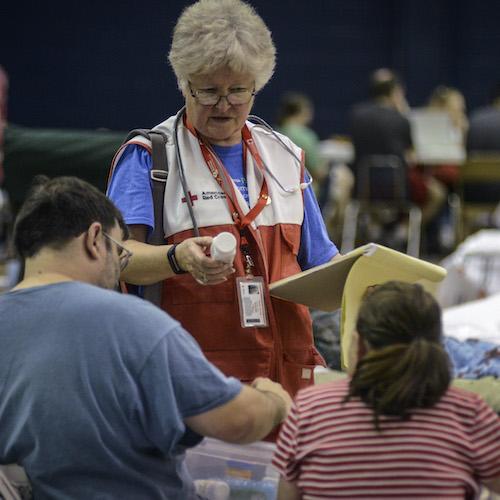
Public health surveillance in disaster shelters is a critical to identifying immediate needs within shelters and health trends in general. See how it works.
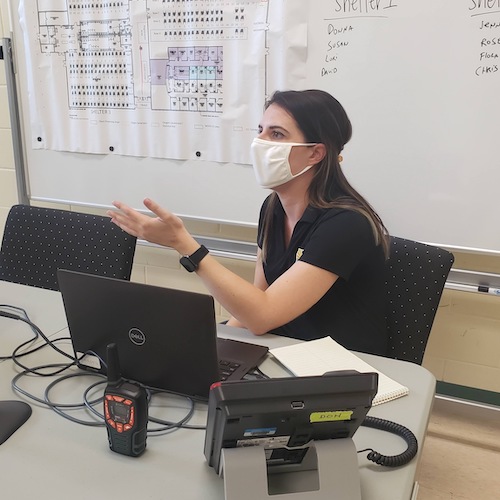
Shelter work can be stressful enough without worries about contracting COVID-19. Learn what can be done to support worker mental health in a pandemic.
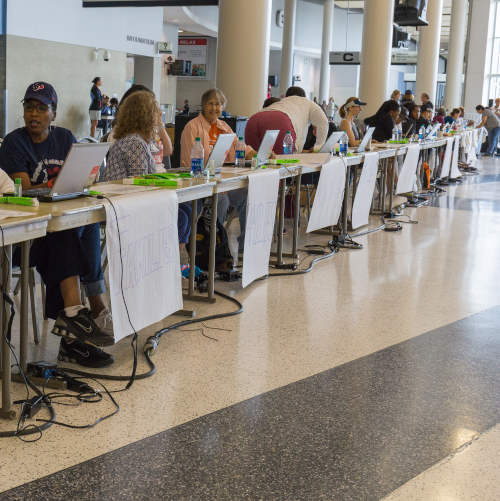
Mass evacuation centers receive an influx of residents, all dealing with some level of trauma. Lessons previously learned from designing mental health services in such large-scale shelters can assist in meeting the needs of evacuees.

Conducting research during these trying times will take all the foundational techniques at our disposal—and more. Read more to learn how conducting caring research can support both participants and researchers.
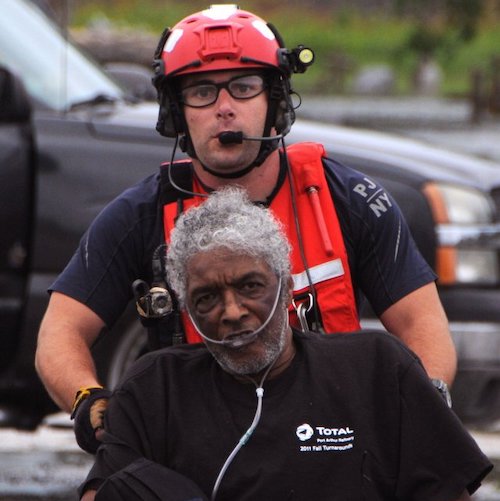
What Came After Hurricane Harvey for People With Disabilities? Restoring, Recovering, and Rebuilding
After a disaster, people with disabilities face different challenges in recovery. Laura Stough looks at the myriad of resources and services that need to be rebuilt with an eye to future resilience.
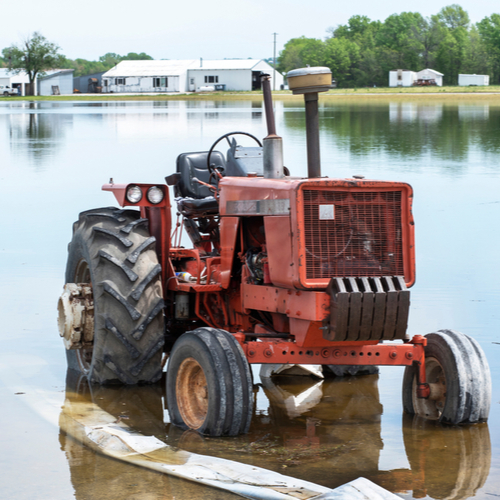
Rural communities can have less resources to respond to and recover from disasters. Collaboration is key to expanding their capacity.
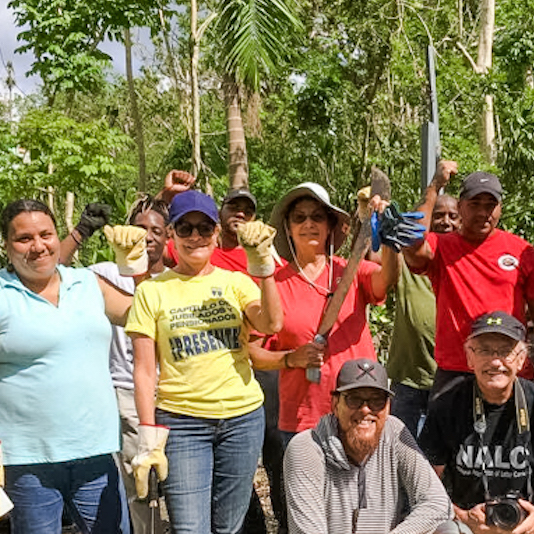
A connected community is a strong community. Read how Puerto Rican’s extensive experiences with disaster have created social cohesion that makes them resilient.
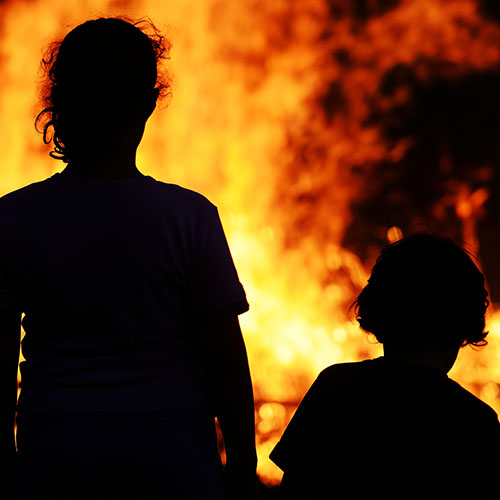
For families whose children have special healthcare needs, preparing for disasters, evacuating, and finding shelter can be overwhelming—and missteps can be life-threatening. Luckily, steps can be taken to keep families safe and reduce stress.

To be more effective, programs and policies that help people relocate away from repetitive coastal disasters should consider what influences their willingness to leave their homes.
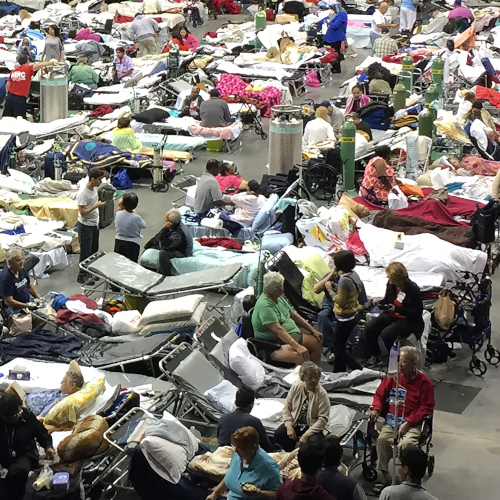
While people with disabilities often face obstacles in accessing emergency shelters, global policies are trending towards their inclusion. Read more about how we can equalize access.
If you are interested in contributing to this series, please contact Natural Hazards Center Director Lori Peek directly at lori.peek@colorado.edu.
